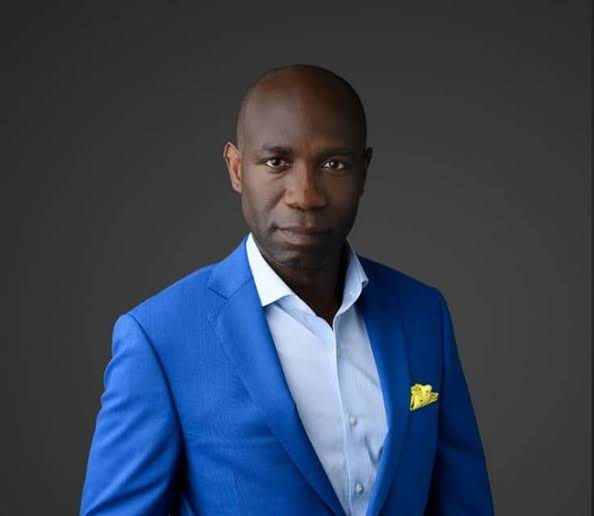Diaspora star | Rachel Moré-Oshodi : the $7 billion powerhouse rewiring Africa’s infrastructure future
- Ajibade Omolade Chistianah
- Aug 5
- 3 min read

Few African returnees are reshaping the continent’s future as strategically and as impactfully as Rachel Moré-Oshodi. As Managing Director and CEO of ARM-Harith Infrastructure Investments, she’s at the helm of more than $7 billion worth of energy, transport, and digital infrastructure projects. Her focus? Building systems that last, unlocking capital that empowers, and redefining what’s possible on African soil.
Born to a Nigerian diplomat and raised across Europe and Africa, Rachel’s childhood was spent moving between the developed world and a continent in transition. She lived in cities where clean water, reliable electricity, and efficient transport were standard and regularly returned to Nigeria, where basic amenities often lagged. This sharp contrast between abundance and scarcity wasn’t just visual it became formative.
“I saw what I had and what others didn’t. And I couldn’t unsee it,” she has said.
Determined to understand the structural roots of inequality and underdevelopment, she pursued a world-class education. Rachel earned her MBA from the Darden School of Business, University of Virginia, and completed executive education at Harvard Business School (Senior Executive Programme for Africa). Her academic focus was strategic finance, infrastructure systems, and sustainable development.
Her schooling was never just about personal advancement it was preparation for structural change.

Rachel comes from a family steeped in public service and diplomacy. Her father’s international assignments shaped her early understanding of geopolitics and governance, while her mother’s emphasis on education instilled discipline and drive.
Despite thriving professionally in the United States, Rachel made the deliberate choice to return to Nigeria in 2012 leaving behind what many would consider a perfect life: a growing career, stability, and prestige in Washington, D.C.
“I’ve walked away from very comfortable jobs,” she said. “Because I couldn’t reconcile the work with the impact I wanted to have.”
Now a wife and mother, Rachel often speaks about how her family grounds her and how personal sacrifices are part of her professional path. Her children were born during the years-long process of building the Azura-Edo Power Project, the very first privately-financed power plant under Nigeria’s reformed regulatory framework.
Her 20+ year career spans the Inter-American Development Bank, International Finance Corporation (IFC), Rand Merchant Bank, and TotalEnergies, where she gained deep expertise in infrastructure finance, project development, M&A, and energy investments across Latin America, Southeast Asia, and Africa.
Today, at ARM-Harith, she mobilises institutional capital from African pension funds to global development financiers to build climate-resilient, digitally enabled, and bankable infrastructure projects across the continent.
Her leadership has helped de-risk frontier markets, attract long-term investments, and create jobs in key sectors. The $900 million Azura-Edo Power Project remains one of her most personal and pioneering achievements a template for future public-private partnerships in Africa.
Rachel’s work has not gone unnoticed. She is a regular contributor to global conversations on infrastructure and sustainability, speaking at:
United Nations General Assembly (Climate Week)
World Economic Forum
Africa CEO Forum
She has been named:
Forbes Africa’s 50 Most Powerful Women
Fast Company’s Most Creative People in Business
GQ South Africa’s Women Changing the Continent
Rachel Moré-Oshodi represents a powerful shift in diaspora leadership: returning not out of necessity, but out of strategic purpose. She is proving that African talent doesn’t need to flee to succeed and that home can be the most influential place to lead.
“Africa doesn’t need pity. It needs structure, strategy, and belief,” she says. “I came back because I believe in what we can build and how we can build it, on our own terms.”











Comments